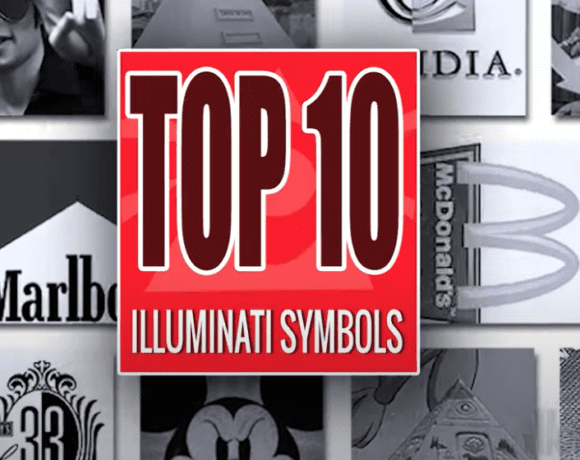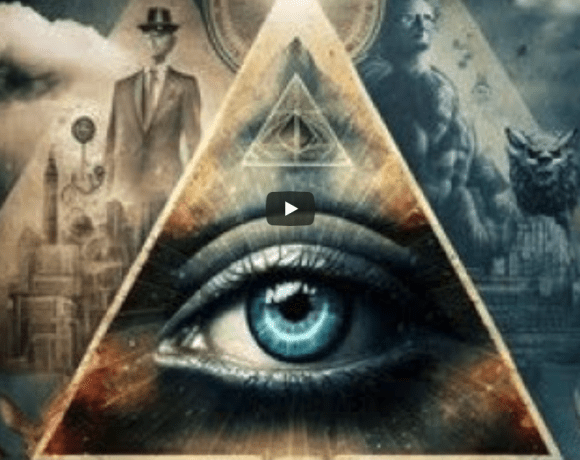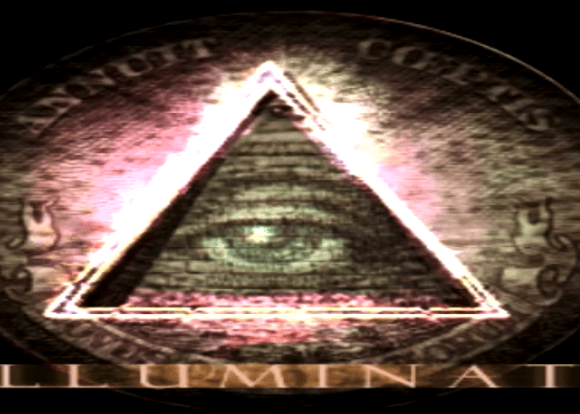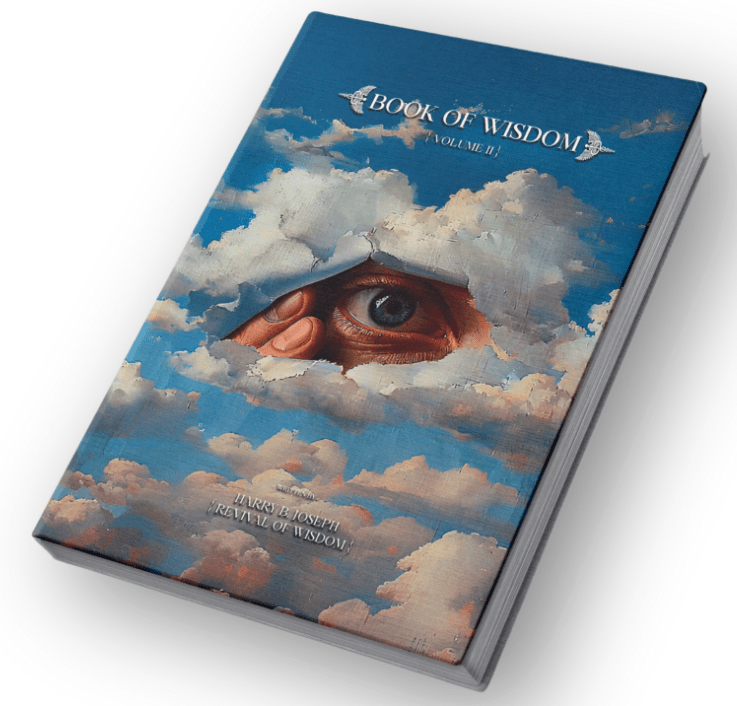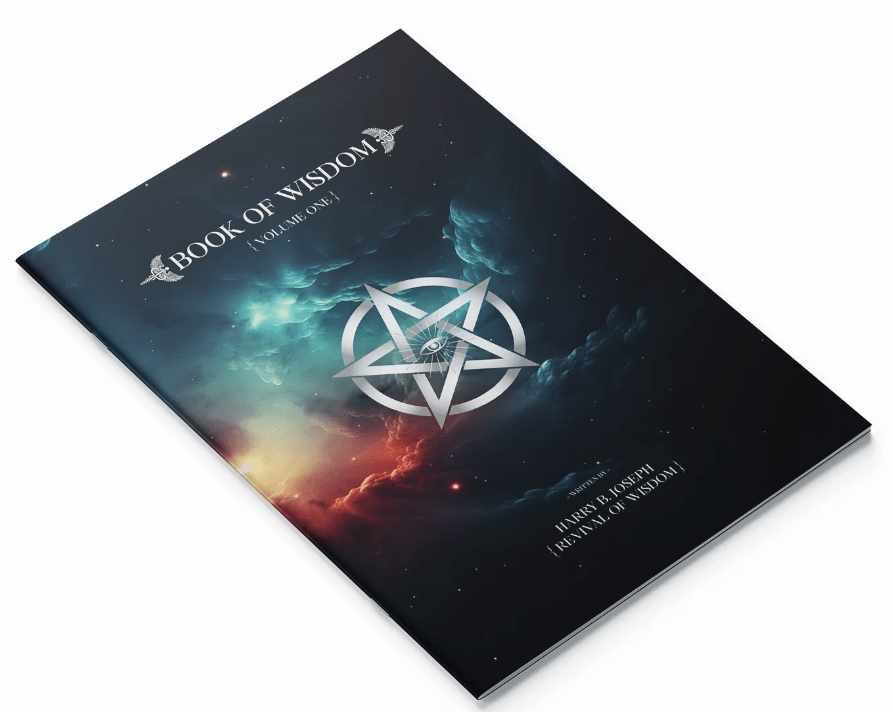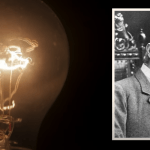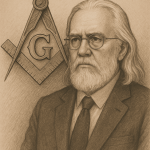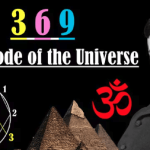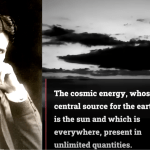Secret societies have long occupied a shadowy corner of cultural fascination, often characterized by mystery, intrigue, and conspiracy. Among these, the Illuminati is perhaps the most legendary, wrapped in theories that ascribe to them unprecedented control over global affairs. The documentary “Illuminati: Myths and Realities of a Parallel World” dives deep into the origins, operations, and influences of this enigmatic group, shedding light on their historical context and the myths that surround their existence.
Origins and Historical Context
Founded in 1776 by Adam Weishaupt in Bavaria, the Illuminati began as an Enlightenment-era cohort aimed at promoting intellectual freedom and opposition to religious and political oppression. The documentary meticulously outlines how the society’s progressive agendas quickly attracted the attention of European monarchies and the church, leading to its ban. Through expert interviews and historical documents, the film explores how despite its short-lived official existence, the Illuminati’s concept survived and thrived in various forms, contributing to the lore that surrounds it today.
Philosophical Underpinnings and Ideologies
Delving into the philosophical underpinnings of the Illuminati, the documentary highlights how the group was influenced by Enlightenment thinkers such as Kant and Voltaire. It portrays their core mission as an ambitious attempt to promote reason and secularism, intending to dismantle the traditional power structures that were deeply intertwined with religious institutions. This segment uses animations and expert commentary to illustrate how these ideas posed a threat to the established order, catalyzing the group’s secretive nature.
Cultural Impact and Theories
The reach of the Illuminati is said to extend far beyond their time, with the documentary tracing their influence through the French Revolution and into the formation of modern democracies. The narrative is enriched with theories of their involvement in pivotal global events and the creation of new secret societies that allegedly carry forward their foundational ideals. This section evaluates the credibility of such claims, with insights from historians and skeptics alike, providing a balanced view of the ongoing debate.
Modern Secret Societies and Influences
Further exploring the legacy of the Illuminati, the documentary examines contemporary secret societies like Skull and Bones, the Freemasons, and the Bilderberg Group, discussing their cultural and political influence. It probes the rituals, symbols, and the significant but discreet impact these groups have on global affairs, drawing parallels to the historical Illuminati’s goals and methods. Interviews with former members of these modern societies provide a rare glimpse into their inner workings and influence.
Public Perception and Media Portrayal
The film also addresses how media and popular culture have shaped the public’s perception of the Illuminati, transforming them from a historical footnote into a symbol of ultimate power and conspiracy. It analyzes the role of books, movies, and the internet in perpetuating this image, and how these portrayals impact public understanding and skepticism towards real political power and accountability.
Conclusion
“Illuminati: Myths and Realities of a Parallel World” challenges viewers to discern fact from fiction in the narrative of the Illuminati and other secret societies. It calls for a critical examination of the sources and evidence behind the myths that pervade our understanding of these groups, suggesting that the truth might be both less sinister and more complex than popularly imagined.

